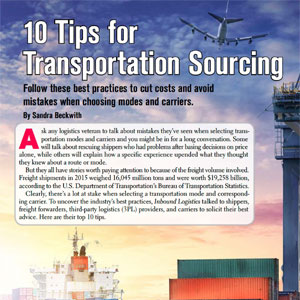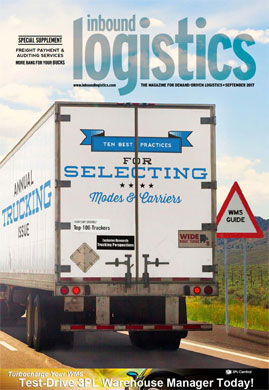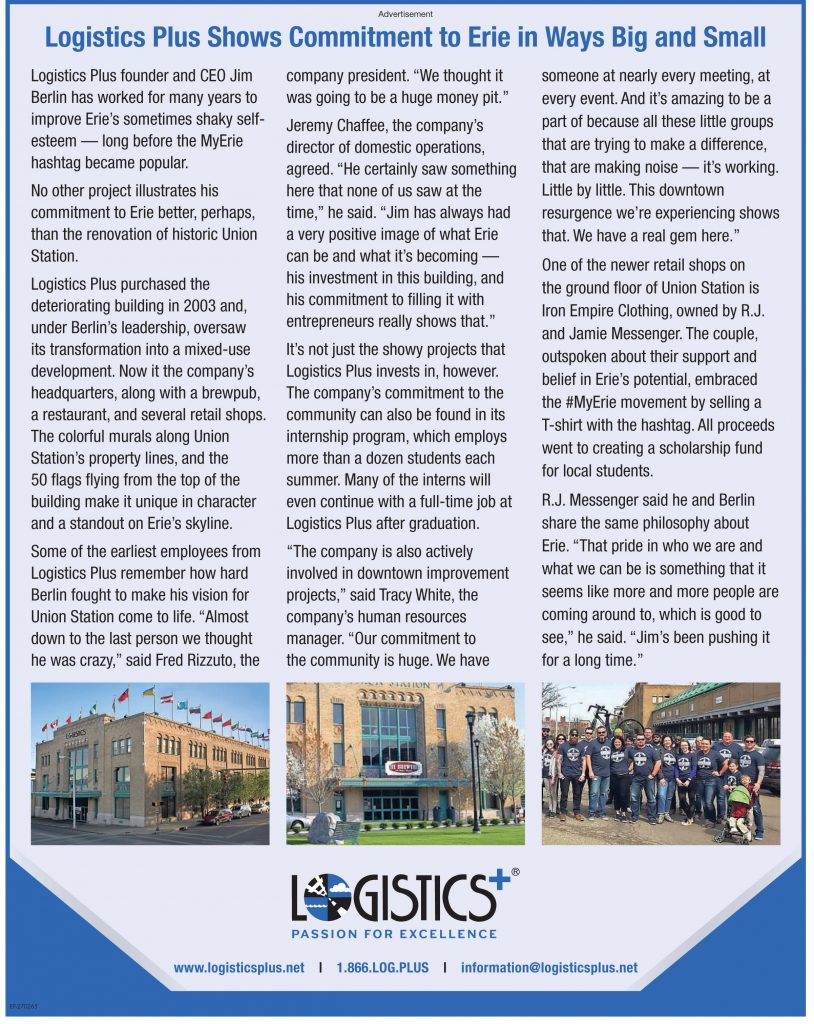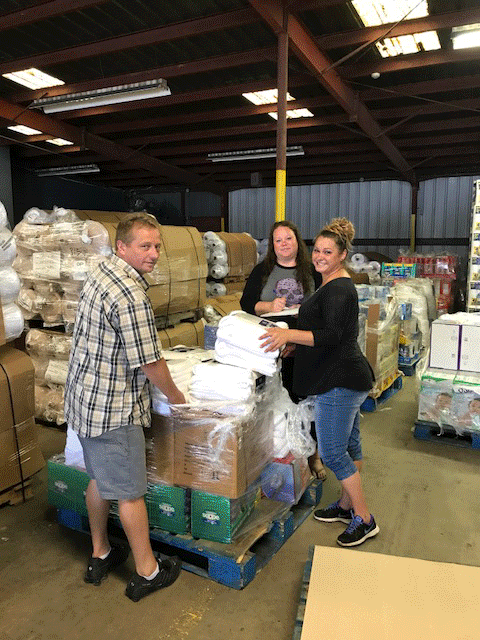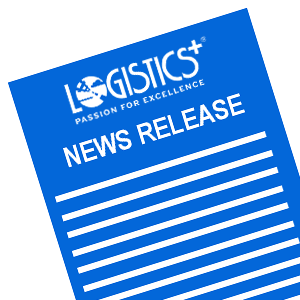
Jim Berlin Named to Smart Business: Pittsburgh “Smart 50” List
FOR IMMEDIATE RELEASE
Jim Berlin Named to Smart Business: Pittsburgh “Smart 50” List
Recognition is Acknowledgement of Innovation, Impact, and Sustainability at Logistics Plus
 ERIE, PA (October 5, 2017) – Logistics Plus Inc., a leading worldwide provider of transportation, logistics and supply chain solutions, is proud to announce that its founder and CEO, Jim Berlin, has been selected by the judging panel of Smart Business Pittsburgh to be a 2017 Smart 50 Award honoree.
ERIE, PA (October 5, 2017) – Logistics Plus Inc., a leading worldwide provider of transportation, logistics and supply chain solutions, is proud to announce that its founder and CEO, Jim Berlin, has been selected by the judging panel of Smart Business Pittsburgh to be a 2017 Smart 50 Award honoree.
The Smart 50 Awards recognize the top executives of the 50 smartest companies in the region for their ability to effectively build and lead successful organizations. All 50 winners will be honored at a special celebration on November 9th at The Fairmont Pittsburgh, and featured in a special editorial report in the November edition of Smart Business Pittsburgh. Three organizations, yet to be named, will also receive specialty awards for their achievements in three category areas – innovation, impact and sustainability. Additionally, all guests will be treated to a keynote address on what it takes to lead a successful “smart” company.
“What Jim is doing in this region is truly to be commended,” said Dustin S. Klein, Smart Business Publisher & COO. “On behalf of our sponsors, Smart Business, Arthur J. Gallagher, Highmark, Huntington, Clark Hill, All Covered, WordWrite Communications, The Fairmont Pittsburgh and Convero, it is our honor to recognize Jim for his leadership which has fueled great success at Logistics Plus.”
“I never thought anyone would recognize me as being smart – delusional, perhaps, but not smart,” said Jim Berlin, founder and CEO of Logistics Plus. “But I am proud of what we have accomplished here at Logistics Plus and over the past 21 years. Not only have we provided good, fun and interesting jobs to over 500 people around the world – including nearly 200 here in northwestern PA – we’ve also been able to help revitalize the region through our social and economic support. I believe in karma. If you do good things, it will come back to you.”
About Smart Business
For more than 25 years, Smart Business Magazines, Events and Books has produced the highest-quality content, events and marketing materials for our diverse audience of entrepreneurs and senior executives. In addition to the articles you’ll find in its award-winning Smart Business Magazine, they offer numerous networking, awards and educational business events, as well as a full-service books division that brings the stories of CEOs to life in a whole new way. Visit them online at http://www.sbnonline.com.
About Logistics Plus Inc.
Logistics Plus Inc. provides freight transportation, warehousing, global logistics, and supply chain management solutions through a worldwide network of talented and caring professionals. Founded in Erie, PA by local entrepreneur, Jim Berlin, 21 years ago, Logistics Plus is a fast-growing and award-winning transportation and logistics company. With a strong passion for excellence, its 450+ employees put the “Plus” in logistics by doing the big things properly, and the countless little things, that together ensure complete customer satisfaction and success.
The Logistics Plus® network includes offices located in Erie, PA; Alma, AR; Little Rock, AR; Los Angeles, CA; Riverside, CA; San Francisco, CA; Visalia, CA; Atlanta, GA; Chicago, IL; Detroit, MI; Kansas City, MO; Charlotte, NC; Lexington, NC; Buffalo, NY; Cleveland, OH; Charleston, SC; Greenville, SC; Nashville, TN; Dallas, TX; Fort Worth, TX; Houston, TX; Laredo, TX; Winchester, VA; Madison, WI; Australia; Bahrain; Belgium; Canada; Chile; China; Colombia; Egypt; France; Germany; Hong Kong; India; Indonesia; Kazakhstan; Kenya; Libya; Mexico; Poland; Saudi Arabia; Singapore; South Sudan; Taiwan; Turkey; UAE; and Uganda; with additional agents around the world. For more information, visit www.logisticsplus.com or follow @LogisticsPlus on Twitter.
Media Contact:
Scott G. Frederick
Vice President, Marketing
Logistics Plus Inc.
(814) 240-6881
scott.frederick@logisticsplus.com


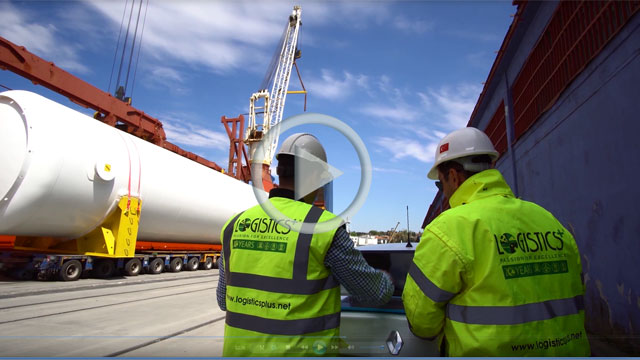

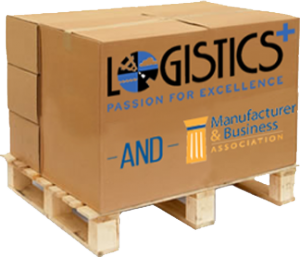 Logistics Plus was profiled in this month’s October 2017
Logistics Plus was profiled in this month’s October 2017 